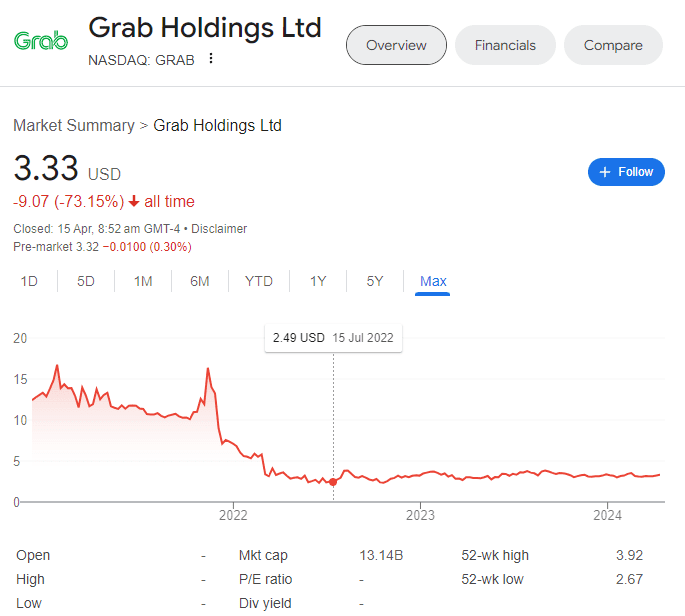Investing in Initial Public Offering (IPO) stocks can be an enticing prospect for many investors. The allure of getting in on the ground floor of a potentially lucrative opportunity is undeniable. However, buying IPO stocks at launch carries significant risks that investors should carefully consider before diving in.
Buying IPOs carries inherent risks, and companies often choose to go public primarily to secure capital for their growth endeavors. These initiatives may encompass expanding operations, funding research and development, acquiring new assets or companies, or settling existing debts. When private financing or debt issuance falls short of providing the required funds, an IPO becomes a viable avenue for companies to tap into public capital markets.
Lack of Historical Performance Data
One of the primary risks of buying IPO stocks at launch is the lack of historical performance data. Unlike established publicly traded companies, IPO stocks have limited financial track records available for analysis. This makes it challenging for investors to gauge the company’s past performance, profitability, and growth trajectory accurately. Without this crucial information, investors are essentially taking a leap of faith, hoping that the company will perform well in the future.


Potential for Overvaluation
Another risk associated with buying IPO stocks at launch is the potential for overvaluation. IPOs often generate significant hype and investor enthusiasm, leading to inflated stock prices. This can result in the stock trading at a premium to its intrinsic value, making it vulnerable to sharp corrections once the initial excitement fades. Investors who buy into overvalued IPOs run the risk of experiencing significant losses if the stock price subsequently declines.
Volatility
Additionally, IPO stocks are often subject to high levels of volatility in the early days of trading. The lack of liquidity and price discovery mechanisms in the IPO market can lead to erratic price movements, making it difficult for investors to execute trades at desired prices. This volatility can create a challenging trading environment, especially for inexperienced investors who may be unprepared to navigate sudden price swings.
Flood of Selling Pressure
Furthermore, IPOs are typically accompanied by lock-up periods during which insiders and early investors are prohibited from selling their shares. Once these lock-up periods expire, a flood of selling pressure can hit the market, driving down the stock price. This phenomenon, known as “unlocking,” can result in significant downward pressure on the stock and lead to losses for investors who bought shares at higher prices.
Finally, investing in IPO stocks at launch requires careful consideration of the company’s long-term prospects and competitive position within its industry. Many IPOs are backed by promising business models and innovative technologies, but not all of them will succeed in the long run. Investors must conduct thorough due diligence to assess the company’s growth potential, competitive advantages, and risks before making investment decisions.
In conclusion, while investing in IPO stocks can offer the potential for substantial returns, it also carries significant risks. Buying IPO stocks at launch exposes investors to uncertainties regarding the company’s performance, valuation, volatility, lock-up periods, and long-term viability. Investors should carefully weigh these risks against the potential rewards and consider seeking guidance from financial advisors or conducting independent research before investing in IPO stocks.






